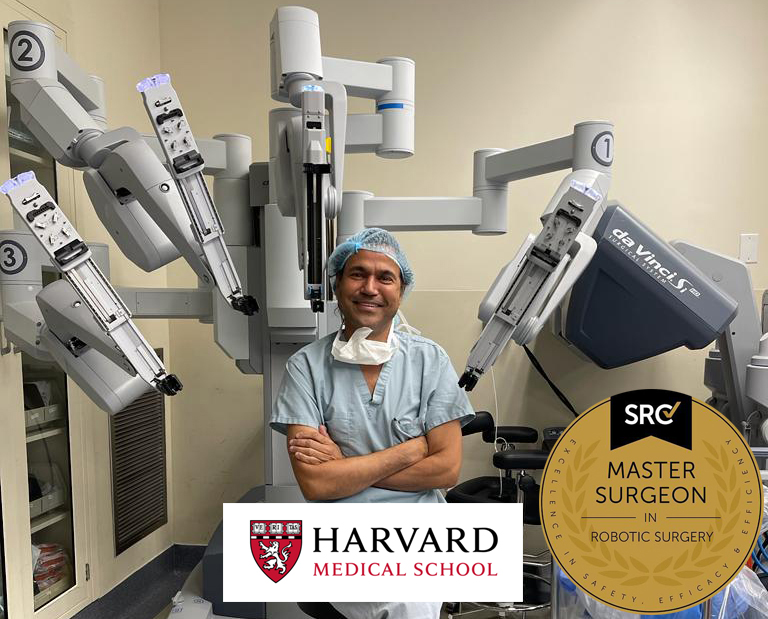Signs and Symptoms of Endometriosis
Discover the signs and symptoms of endometriosis, including pelvic pain, painful periods, discomfort during intercourse, heavy bleeding, fatigue, and more.
Learn when to seek medical evaluation for possible endometriosis diagnosis and treatment options.
Endometriosis is a prevalent condition that affects about 1 in 10 American women, but it is often misunderstood. It involves the abnormal growth of tissue similar to the uterine lining, called the endometrium, outside of the uterus. This can result in pain, scarring, and fertility issues.
Recognizing the signs and symptoms of endometriosis is crucial for early detection and appropriate management. This article aims to provide an informative overview of the common signs and symptoms associated with endometriosis, empowering individuals to seek timely medical evaluation and support.
What are the First Signs of Endometriosis?
The first signs of endometriosis can vary from person to person, and some individuals may experience no symptoms at all. However, there are common signs that can potentially indicate the presence of endometriosis. It’s important to note that these signs may also be associated with other conditions, so a proper medical evaluation is necessary for an accurate diagnosis.
The first signs of endometriosis may include:
- Painful menstrual periods (dysmenorrhea): Severe menstrual cramps that may begin one or two days before menstruation and last for several days. The pain may be located in the lower abdomen, back, or pelvis.
- Pelvic pain: Chronic or recurring pelvic pain that occurs outside of the menstrual period. It may be described as a dull, aching pain or sharp, stabbing pain.
- Pain during or after sexual intercourse (dyspareunia): Deep pelvic pain during or after intercourse. This pain may persist for some time after sexual activity.
- Painful bowel movements or urination: Pain or discomfort during bowel movements or urination, especially during menstruation. This can be accompanied by diarrhea, constipation, bloating, or blood in the urine.
- Heavy or irregular menstrual bleeding: Menstrual periods that are abnormally heavy or longer than usual. Some women may also experience spotting between periods.
- Fatigue: Excessive tiredness or low energy levels, which may be attributed to the chronic pain and inflammation associated with endometriosis.
It’s important to remember that endometriosis is a complex condition, and symptoms can vary significantly among individuals. Some people may have mild symptoms, while others may experience severe pain and other related issues.
If you suspect you may have endometriosis or are experiencing any of these signs, it’s advisable to consult with a healthcare professional who can evaluate your symptoms and provide a proper diagnosis.
Uncommon Symptoms of Endometriosis
While the most common symptoms of endometriosis include pelvic pain, painful periods, and pain during intercourse, there are also some uncommon symptoms that can occur in certain individuals with endometriosis. These uncommon symptoms may include:
Digestive issues: Some individuals with endometriosis may experience symptoms such as bloating, constipation, diarrhea, or nausea, especially during their menstrual cycle.
Urinary symptoms: Endometrial implants on the bladder or urinary tract can lead to urinary urgency, frequent urination, or blood in the urine.
Lower back or leg pain: In rare cases, endometriosis can cause lower back pain or radiating pain down the legs, similar to sciatica.
Painful bowel movements or bleeding from the rectum: Endometrial implants on or near the rectum can cause pain during bowel movements and, in rare instances, rectal bleeding.
Chest pain or shortness of breath: A very rare form of endometriosis, called thoracic endometriosis, can affect the lungs or chest cavity, causing symptoms such as chest pain or difficulty breathing.
It’s important to remember that these symptoms are less common and may not be present in all individuals with endometriosis. Each person’s experience with endometriosis can vary, and some individuals may not exhibit any symptoms at all.

- New York Gynecology Endometriosis
- Contact Info:
-
375 E. Main Street,
Suite 7, Bay Shore,
NY 11706 - (631) 533-9733
Pankaj Singhal, MD, MS, MHCM
Master Surgeon in Robotic Surgery
Dr. Pankaj Singhal, a globally recognized endometriosis surgeon, possesses over 25 years of expertise in laparoscopic excision surgery, enabling him to tackle even the most challenging endometriosis cases with confidence. Dr. Pankaj treats patients with diverse endometriosis-related conditions, ranging from ovarian endometriomas to severe deep infiltrating endometriosis that affects the bowels and other organs.
Dr. Pankaj prioritizes minimally invasive surgery and provides comprehensive personal care. Additionally, he is the owner and founder of New York Gynecology and Endometriosis (NYGE), and has dedicated his life to advocating for, respecting, and treating women suffering from this little-known disease. He is one of the few surgeons in the entire United States who have completed over 5,718 robot-assisted gynecologic surgeries.

We Accept Most Major Insurance Plans
Convenient Billing Options for Comprehensive Coverage.
Surgeries are typically covered by health insurance. However, the extent of coverage can vary depending on the specific insurance plan and policy. Some insurance plans may cover a broad range of surgical procedures, including both elective and necessary surgeries, while others may have limitations or exclusions for certain procedures.
In some cases, certain insurance plans or programs may fully cover the cost of surgery, leaving the patient with no financial responsibility.
Request an Appointment with
New York Gynecology Endometriosis
"*" indicates required fields
